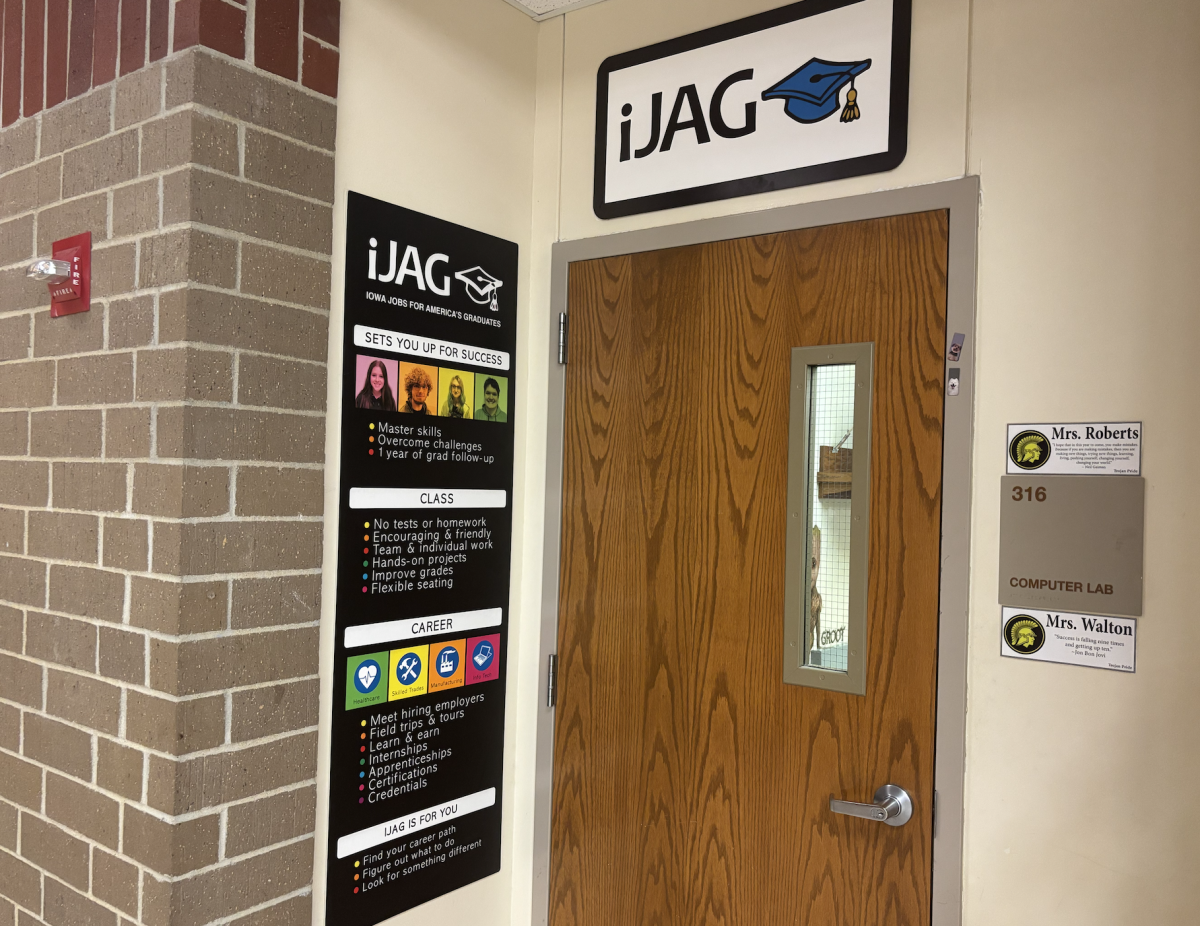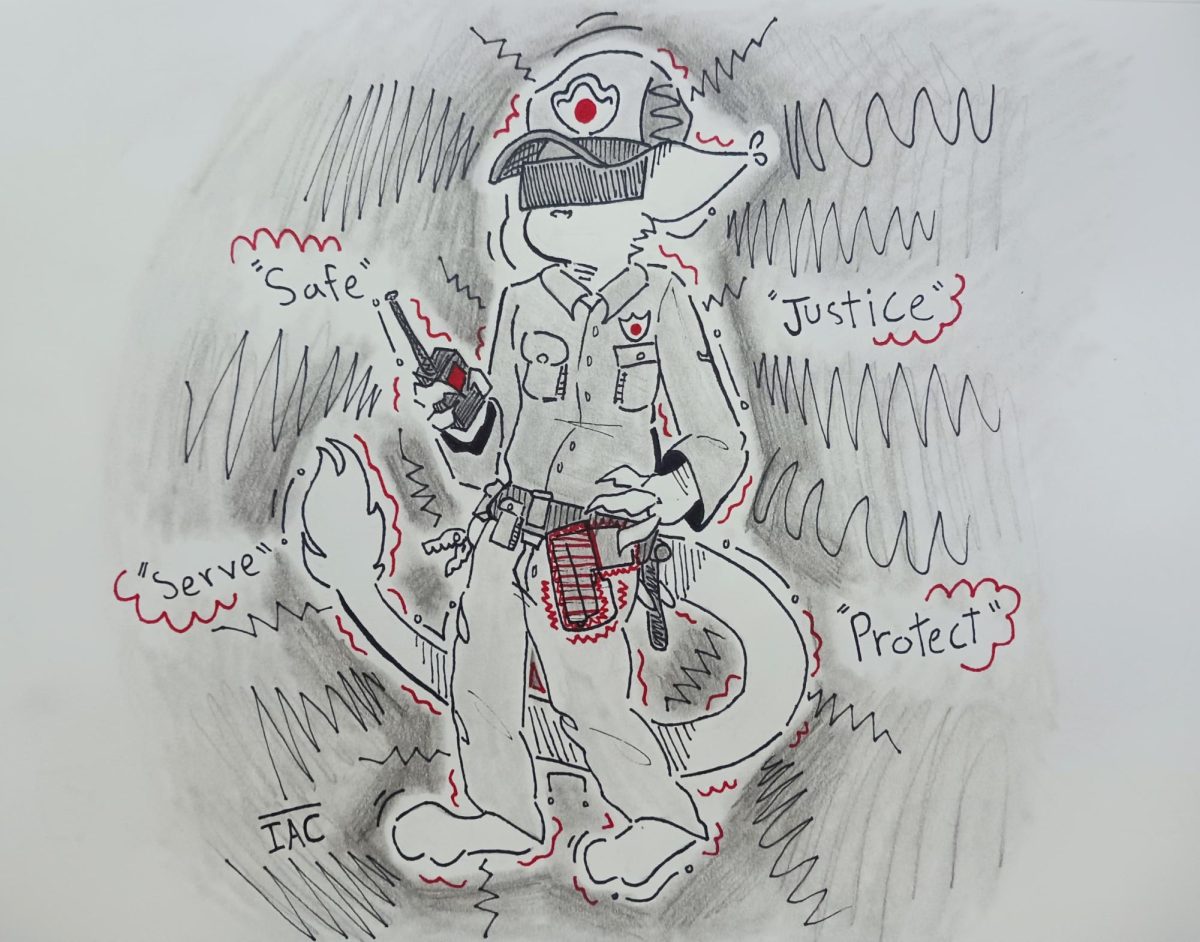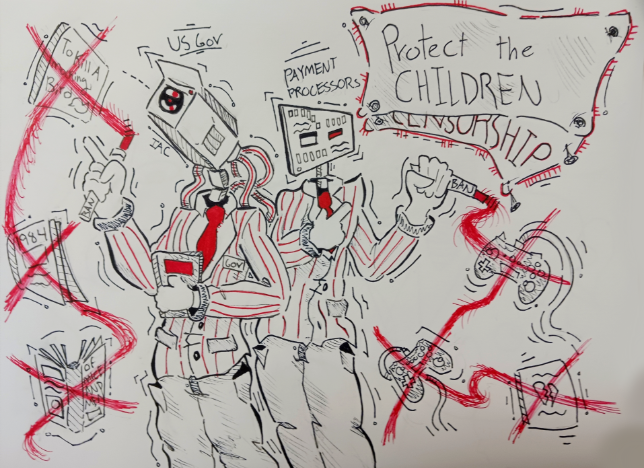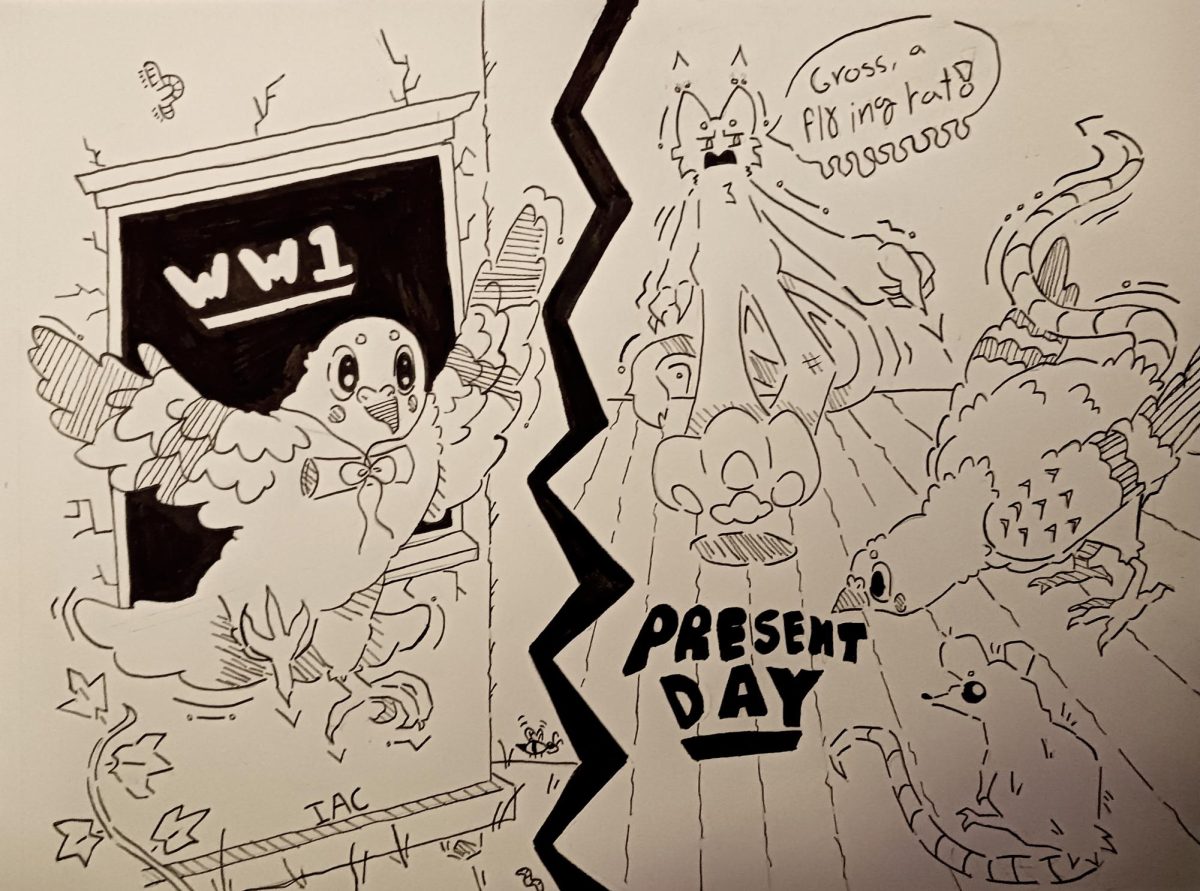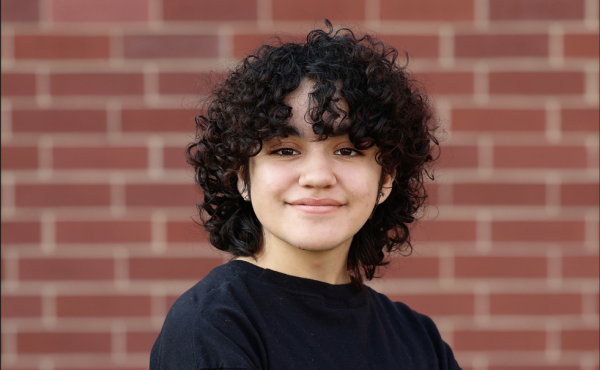At one point or another, every high school student will think about their future career. Work is inevitable in our society, and the anxiety that comes with finding the right job feels inevitable, too. However, preparing for the workforce doesn’t have to be such a daunting task. Veteran Dawn Walton teaches iJAG and business classes here at the high school. As a former substance use disorder prevention specialist, Walton has worked with high school students with special curriculum across the nation, and brought her experience to Atlantic High School in Fall 2024. This story uses her expertise to answer several common questions about career readiness and how to grow career confidence as a high school student.
Question 1: In your opinion, why is it important to start thinking about careers during high school?
Walton: It is very important because it kind of helps you grasp the concept of what am I very interested in? What am I not interested in? And then you can also have that conversation with the guidance counselor and see what classes, if you are eligible to take, that kind of narrows down what you can take. If you are interested in [agriculture,] take those classes. If you’re interested in cooking, take those… When you have that grasp or concept on what you want to do, It makes things run a little bit smoother. It just pinpoints what [classes] you would like to take to help you be successful in the future.
Question 2: If somebody has absolutely no idea what they want to do for a living, how would they start the brainstorming process?
Walton: That’s a really good question. So in my experience, honestly, getting out and talking to people, doing those job shadows, calling those businesses, that’s absolutely something you should do. Otherwise, there are a few things online, such as O-Net. You can take those interest profilers, those assessments. CareerOneStop, Future Ready Iowa. But when you take those assessments, it’s going to analyze all of your answers and then pinpoint [them]. [It will] say, “Hey, you know what, you’d be really good at working with mechanics.” Or, “hey, you know what, you’d be great with nursing skills.” But it helps you to kind of figure out what you want to do.
Question 3: How does high school prepare students for entering the workforce?
Walton: High school, if you take advantage of it correctly, can really help you a lot… Let’s be honest. [Students] do not love rules and regulations, but they are there to help you learn and guide you for after you graduate high school.
Walton (contd.): You learn a lot through use of those rules appropriately, and it’s going to get you a lot farther in life when you figure that out. As a high schooler, you still have a lot to learn. A lot. But I feel like even in your classes, when you’re typing up those resumes, when you’re using cover letters, getting into those soft skills, that really sets you up for success, especially if you’re going to apply for those scholarships or something to help you get into college.
Question 4: What are hard and soft skills, and how are soft skills built?
Walton: Soft skills are something such as literally communication, those resumes, cover letters, teamwork… being punctual, having self-awareness, and those absolute critical thinking skills. If we do not have critical thinking skills, we need to work on those…. Resilience is absolutely something that every person should need in one way or another. It’s not something that comes naturally. It’s something that you have to build upon… Those would be some of the soft skills that you would learn… A hard skill is one skill that you’re honed in on, such as we have a really great CTE program in Atlantic High School, such as using those power tools, whether it be [a class] with Mrs. Wallace or Mr. Dodson or Mr. Widrowicz or Mr. Miller, anything like that. Specifically taking a CNA course, that would be a hard skill. But those specific things that you need to help you in the workforce are the hard skills.
Molina: So hard skills are more like specific kind of experience is what I’m hearing, where soft skills are… [learnable skills] that you can’t read out of a textbook.
Walton: Yes.
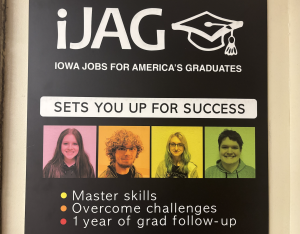
Question 5: What do employers look for in the hiring process?
Walton: Right now what they’re really looking for, honestly, is for people to show up. People, for some reason, think it’s okay to not show up for work, and they just need to work on being there. Not being absent, not being tardy; being punctual and having a very good work ethic. So just doing those delegated tasks. Really, that will get you a long ways…. When you run into an interview, shake their hand, do some eye contact, answer the question as best as you can, dress appropriately. If you don’t know how to dress appropriately, ask me and I’ll come tell you. But most importantly, just have the eye contact and [have] good communication with them. That’s what they want. That’s what they need.
Question 6: Many people believe that college degrees are necessary for a good job. Is this true?
Walton: Yes and no. It really depends upon the person. Not everybody wants to go to college and not everybody should go to college. There are jobs out there that are excellent positions without that. One example would be the post office. You could start working full-time and earn a pretty decent living for Atlantic Iowa, as well as get retirement benefits that are federal. So that’s a really good place to work, and they’re hiring. Going to college is absolutely something that I would recommend, even if… you’re going part-time to a junior college, to a community college. And just trying out those different varieties, taking your [general education classes] and seeing what you do like… I wouldn’t want somebody to go and then, it’s not a waste of time by any means, but just be cautious of what you’re getting yourself into.
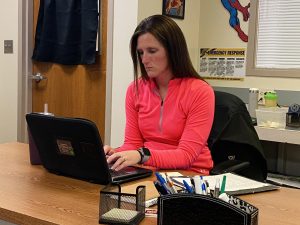
Question 7: So is there any other advice you’d like to give about career readiness?
Walton: Honestly, just sit down and think about where you’re going to see yourself after school. There are so many options, honestly. It’s very hard to pinpoint as a high schooler, and I understand that, because there are so many different ones. You can go to college. Obviously, I’m going to say military, because it’s an amazing opportunity. But if you’re unsure of something, ask your teachers. Have your resources here. All of us have a different background and every single person can give you a piece of advice that will help you in your future.
Question 8: You talked about college, but you also talked a little bit about trade schools and the military. How is it important to think about alternative paths after high school besides college?
Walton: Okay, so besides college. Alternative paths, I can use myself for an example because I have done that. You can literally sign up for the military and go through that training and get that credit. That will help you in junior college, and it can pay for it as well. Not only junior college, but it will help you for your university as well. There’s a lot of benefits to it that some people may just kind of brush off because they’re not interested in being in. And I understand that. But… [you] get paid to travel the world and do something that you might want to do. But there’s so many opportunities there for you, so many.

